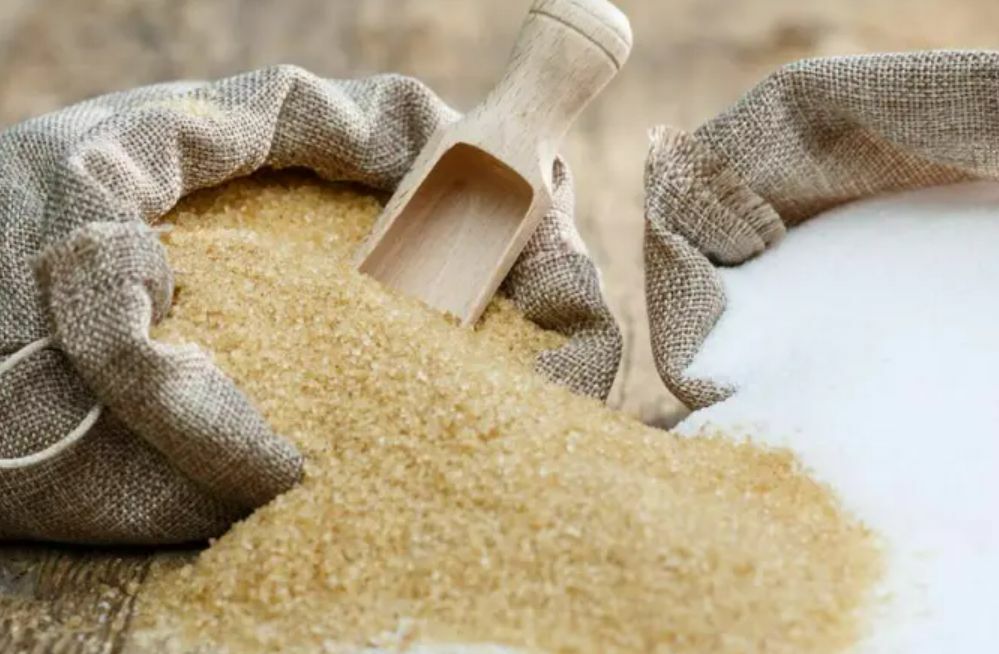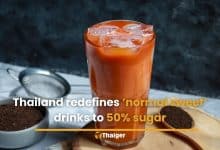Sugar prices clampdown: Thai Government enforces caps amid production cost hike

The Thai government yesterday resolved to regulate sugar prices to lessen the burden on the public. The Minister of Commerce, Phumtham Wechayachai, expressed confidence that the move will not cause controversy with Brazil.
Following the weekly cabinet session, Phumtham disclosed that the government had decided to set a limit on the ex-factory prices for granulated sugar at 19 baht per kilogramme and refined sugar at 20 baht per kilogramme, alongside stricter regulations on sugar exports.
The new rules require exporters to obtain clearance from the ministry for any shipment exceeding a tonne of sugar.
This decision counters the announcement made by the Cane and Sugar Board last Friday, which had planned to increase ex-factory sugar prices by 4 baht per kilogramme starting from October 28. This increase was attributed to the rising production costs due to the drought-induced hike in cane prices.
The board’s proposed increase would have been split into two parts: a 2-baht increase to cover the increased production costs and a 2-baht addition for the Cane and Sugar Fund, which would have inevitably led to increased retail prices.
Pricing Structure
As per the current pricing structure, the ex-factory price for granulated sugar is set at 19 baht per kilogramme, while refined sugar is priced at 20 baht per kilogramme. The retail prices are quoted at 24 baht per kilogramme for granulated sugar and 25 baht per kilogramme for refined sugar.
Phumtham dismissed the likelihood of a dispute with Brazil over the Thai government’s decision to categorise raw sugar as a controlled product, aimed at aiding domestic consumers. He explained that in the past, when global sugar prices were relatively low, Thailand used to sell sugar domestically at higher rates while exporting it at lower prices, leading Brazil to perceive this as a subsidy to Thai sugar exporters, reported Bangkok Post.
However, with the current global market prices being significantly higher than domestic prices, Phumtham believes that Brazil is unlikely to raise an issue. He attributed the ministry’s decision to reinstate sugar as a controlled product to public complaints about a sudden 4-baht increase in domestic sugar prices, which directly impacts consumers.
When asked about the impact of the sugar price surge by four baht, he mentioned that it had a substantial effect on several related industries.
“The current government policy is to cap the prices of some products to ease living expenses for the public.”
Follow more of The Thaiger’s latest stories on our new Facebook page HERE.
Latest Thailand News
Follow The Thaiger on Google News:


























